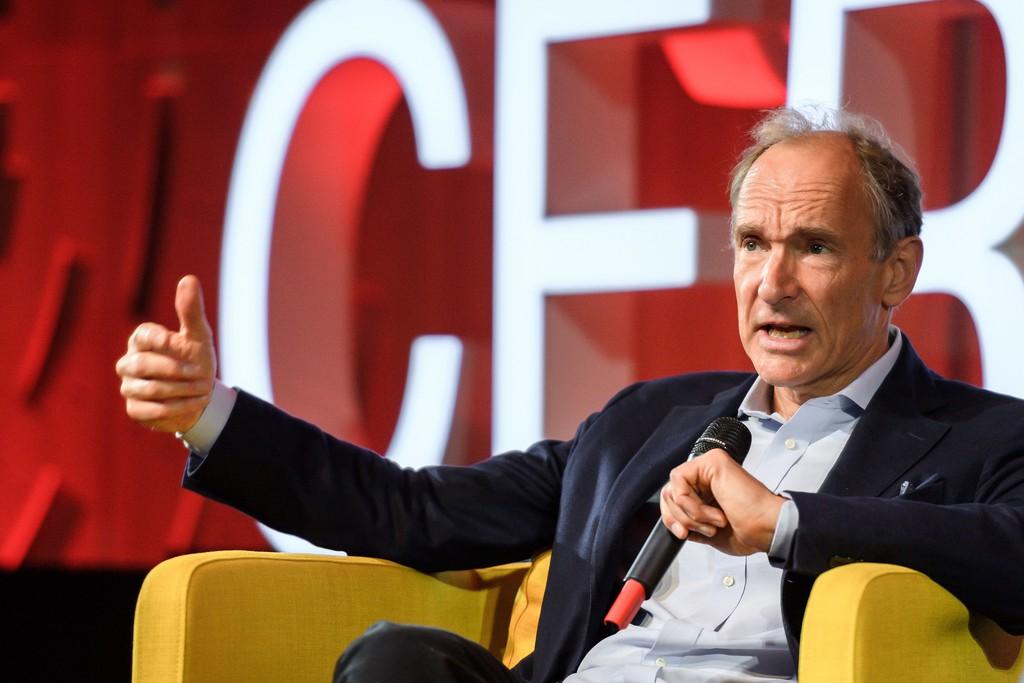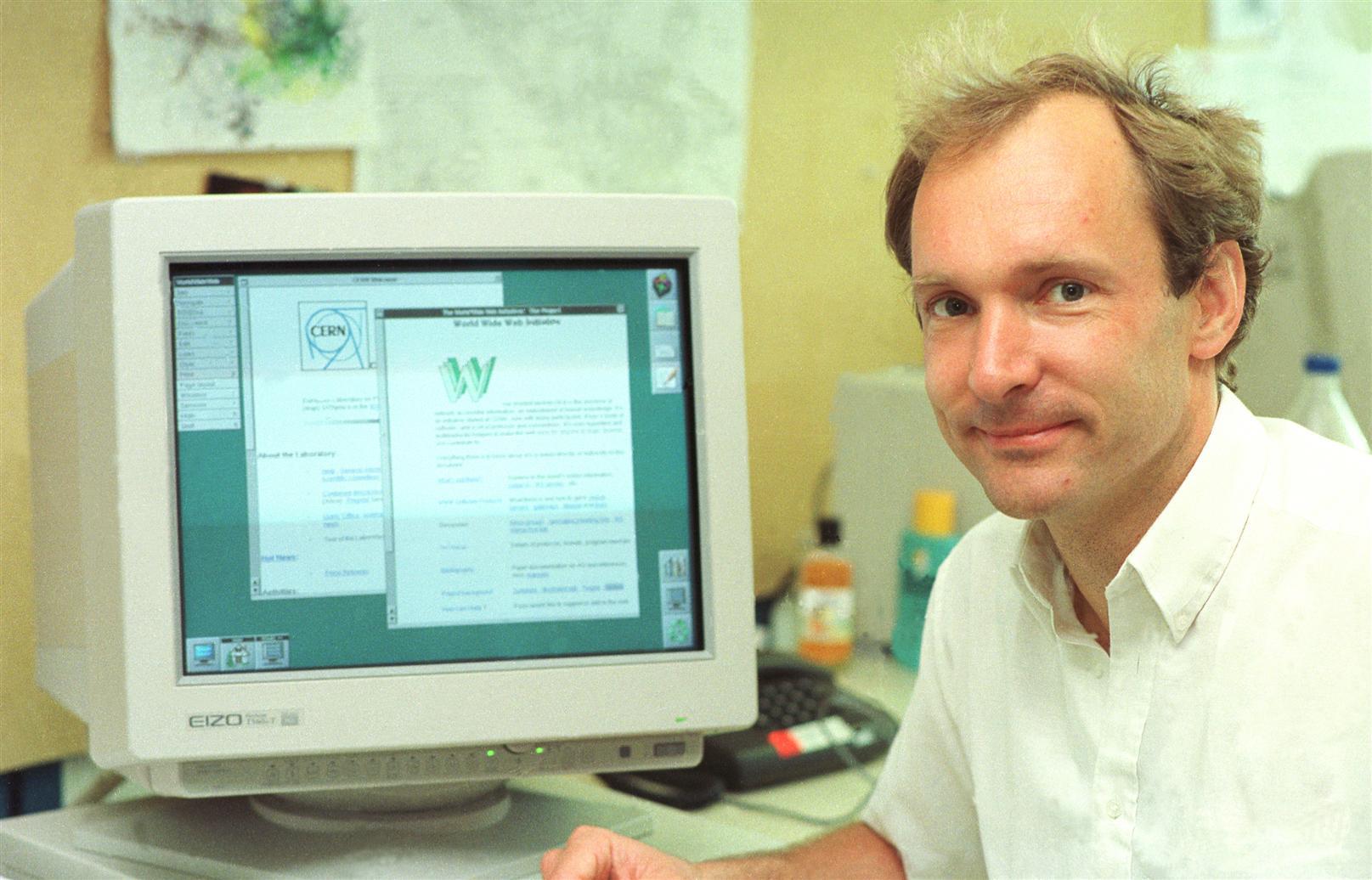
As web turns 30, inventor reflects on how to fix growing pains

As the World Wide Web marks its 30th anniversary, its founder and inventor, Tim Berners-Lee, ponders what it has grown into – not always for the good of mankind – and how to fix it.
“The web has become a public square, a library, a doctor’s office, a shop, a school, a design studio, an office, a cinema, a bank, and so much more,” Berners-Lee wrote in an open letter published on his World Wide Web Foundation’s site on TuesdayExternal link.
Today, web concepts like html, http and URL are universally recognised. Half of the world’s population is online and close to two billion websites exist. But as the web expands, it continues to experience numerous growing pains and the digital divide continues to widen.
“We need to get the other half of humanity online as quickly as possible as it’s becoming increasingly unfair that they aren’t. We need to keep it open and free, fighting for net neutrality, and we must think about privacy and owning your own data and how social networks should really control hate speech,” Berners-Lee told an audience at the European Organization for Nuclear Research (CERN), near Geneva, on Tuesday.
During its current “digital adolescence”, the web has been especially affected by dysfunctional problems like state-sponsored hacking, online harassment, hate speech and misinformation, he warned.
‘Vague but exciting’
Thirty years ago, Berners-Lee, a British scientist working at CERN, submitted an ordinary-looking document to his superior entitled “Information Management: a Proposal”,External link which would revolutionise the way we live today.
His paper showed how information could be transferred easily over the internet by using hypertext, which would enable users to browse easily between texts on web pages using links.
“Vague but exciting” was his supervisor’s reply. But his proposal got the green light and the rest is history.
Over 30 years, the web has transformed society. But Berners-Lee, now 63, is conscious of what needs to be done to fix his invention. His foundation hopes to get governments, companies and citizens to take a greater role in shaping the web for good under principles laid out in its “Contract for the Web”. External link
Under the contract, governments should make sure everyone can connect to the internet, keep it available and respect privacy. Companies must make the internet affordable, respect privacy and develop technology that will put people – and the public good – first. Citizens are to cooperate and respect “civil discourse”, among other things.
“Governments and large companies realise that there are things they need to do to fix the web and that they need to be good responsible participants,” he said. “If you sign up to the contract, you are saying that the principles are really important and that you want to be part of the details. It’s about sitting with other participants and working out how to find the balance between leaving tech companies to do the right thing and regulating them, and between freedom of speech and hate speech.”
The contract, which is not “written in stone”, must help guide people on the journey from “digital adolescence to a more mature, responsible and inclusive future”, the web inventor said.
“It is understandable that many people feel afraid and unsure if the web is really a force for good,” said Berners-Lee. “But given how much the web has changed in the past 30 years, it would be defeatist and unimaginative to assume that the web as we know it can’t be changed for the better in the next 30. If we give up on building a better web now, then the web will not have failed us. We will have failed the web.”

More
Impressions from CERN 30 years ago

In compliance with the JTI standards
More: SWI swissinfo.ch certified by the Journalism Trust Initiative
















![The four-metre-long painting "Sonntag der Bergbauern" [Sunday of the Mountain Farmers, 1923-24/26] had to be removed by a crane from the German Chancellery in Berlin for the exhibition in Bern.](https://www.swissinfo.ch/content/wp-content/uploads/sites/13/2025/12/01_Pressebild_KirchnerxKirchner.jpg?ver=bb19e376)















You can find an overview of ongoing debates with our journalists here . Please join us!
If you want to start a conversation about a topic raised in this article or want to report factual errors, email us at english@swissinfo.ch.